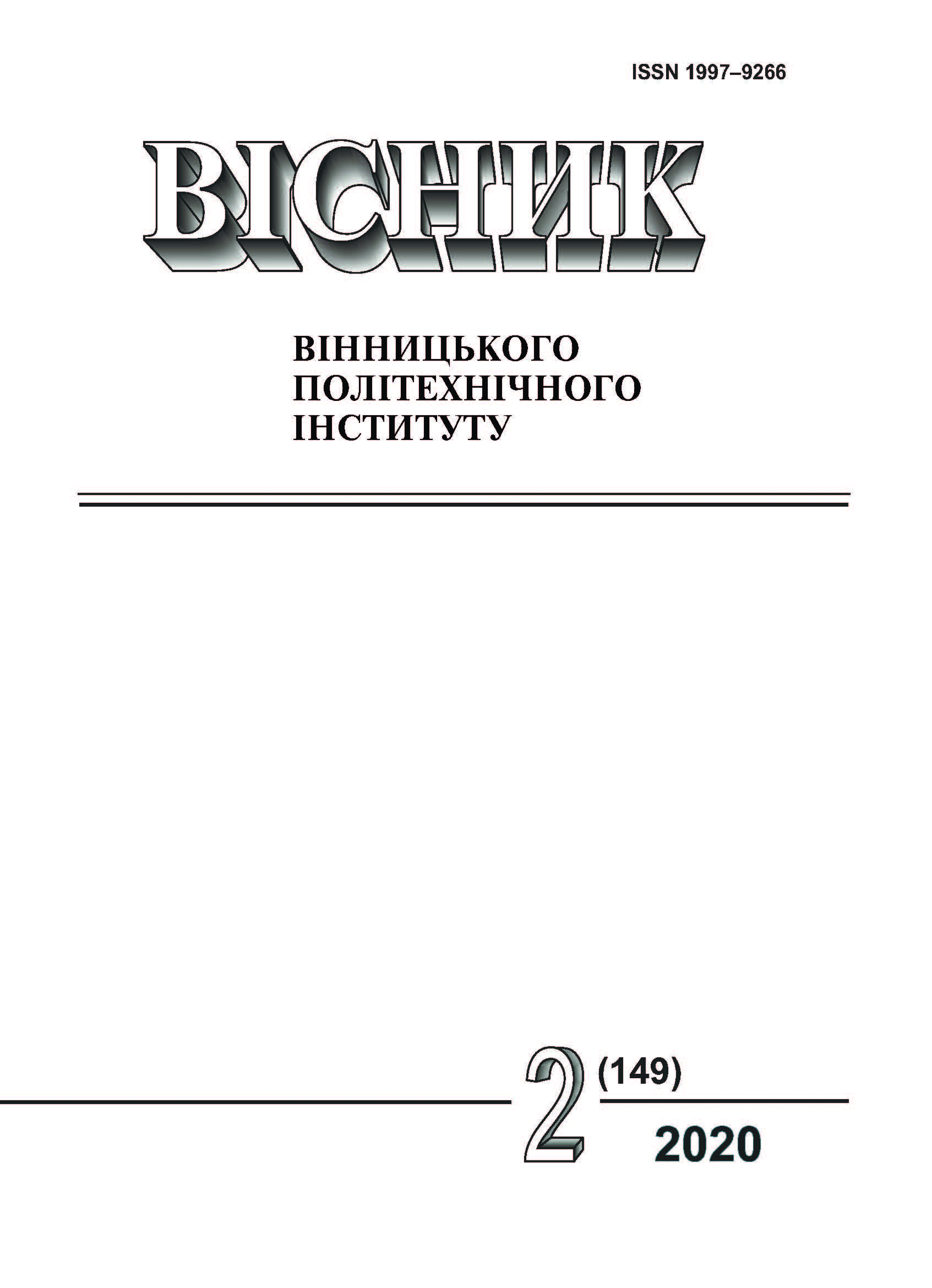About Assessment of the Possibility and Necessity of the Philosophical Support of the Directions of the Development of Modern Automotive Techniques
DOI:
https://doi.org/10.31649/1997-9266-2020-149-2-89-98Keywords:
automobile technology, planet technology, philosophical support, model, nature, science, necessity, opportunity, society, cultureAbstract
It is recognized that according to the conclusions of leading scientists it is necessary to consider important questions of further development of modern technology at the philosophical level. This will contribute to the study of global contradictions of the planetary system "man— the world—technology". The later contains a very important component — automotive technology (AT), whose level of influence on the planetary system (PS) is rapidly increasing and differs as follows: widespread distribution among the population and on the surface of the planet; the largest transportation of cargo volumes and population, which determines the economic development and contributes to the social and cultural education of the population of the AF; the highest consumption of petroleum products; the widespread future use of artificial intelligence, whose systems are rapidly evolving to function in large collections of unmanned vehicles that will dynamically move in intelligent traffic flows. There is not enough reasonable scientific information about philosophical horizons, defining the development of АT.
The model of the Earth Submarine was formed, which made it possible to substantiate the necessity and possibility of philosophical support of directions and horizons for the development of the AT. There have been selected the important components of the structural model of the planetary system: technology compatible with AT, science with philosophy for analysis, nature, society and culture. Very important components of this model are the lines of interaction of individual spheres. All these structural components are located between two fields that operate in opposite directions: the "field" of human needs and the "field" of human spirituality. It is determined that they co-create the conditions for the existence of PS only when the equilibrium between the specified opposites is maintained.
A general analysis of the features of the functioning of the structural model is made. Attention is drawn to the complexity of presenting and displaying such components. PS structures as a society and culture that are related to the emotions and characters of such a layer of humanity that has a "soul education". At some stages of the Earth’s life cycle, the identified components dominated the model’s spheres. The approach to the choice of the distribution boundary between two opposite fields of gravity of the model of the planetary system is described.
Possible directions of AT development that contribute to the progression or degradation of the planetary system have been investigated. Automotive technology is a necessity for the existence of a planetary Earth system. Therefore, the present qualitative changes in the development of AT for functioning in the intelligent transport systems at the intellectual stage of the life cycle of the planet need philosophical support to determine the correct directions and horizons of the development of automotive technology. The philosophical support for the development of automotive technology should be ensured by the creation of information flow and sufficient electronic and computer equipment for transport systems.
References
Философия техники в ФРГ, сб. стат., пер. с нем. и англ., Ц. Г. Арзаканян, В. Г. Горохов, сост. Москва: Прогресс, 1989.
И. В. Гете, Поэзия и правда (Wahrheit und Dichtung). Москва, Россия: «Захаров», 2003.
Saber Fallah. We are not ready for driverless cars. [Electronic resource]. Available: https://www.weforum.org/agenda/2018/04/driverless-cars-are-forcing-cities-to-become-smart .
Ф. Ницше, Так говорил Заратустра. Книга для всех и ни для кого = Also sprach Zarathustra. Ein Buch für alle und Keinen. Харьков, Україна: Фолио, 2017.
Т. В. Макарова, «Сучасний підхід до розвитку автомобільної техніки,» на Міжнародній науково-практичній конф. «Сучасні методики, інновації та досвід практичного застосування у сфері технічних наук,» Люблін, 2017, с. 204-206.
Оруэлл Джордж, 1984. Москва: Прогресс, 1989.
Ф. М. Достоевский, Братья Карамазовы. Минск: Белорусская советская энциклопедия имени Петруся Бровки, 1981.
Иван Ефремов, Час быка. Челябинск: Южно-Уральское книжное издательство, 1990.
Ярослав Шимов, Австро-Венгерская империя. Москва, РФ: Алгоритм, 2014.
А. И. Толстой, Хождение по мукам. Киев: изд-во худ. литер. «Дніпро», 1988, т. 2 «Хмурое утро», 470 c.
Я. Парандовский, Алхимия слова. Петрарка. Король жизни. Москва: Правда, 1990.
Норберт Винер, Я — математик. Ижевск, Россия: НИЦ «Регулярная и хаотическая динамика», 2001.
Оноре де Бальзак, Утраченные иллюзии. Харьков: Прапор, 1989.
И. А. Ефремов, Лезвите бритвы. Россия: изд-во АСТ, 2015.
Лион Фейхтвангер, Гойя, или тяжкий путь познания. Москва: Правда, 1982.
Н. Н. Лебедева, «Гуманистическое оформление дороги,» на одиннадцатой Международной научно-технической конференции, Минск, Беларусь, 2013, с. 132.
А. М. Ситкевич «Совершенствование системы обеспечения безопасности дорожного движения в Республике Беларусь на основе планирования и реализации комплекса профилактических мер,» на 2-й Междунар. заоч. науч.- практ. конф. Перспективы развития транспортного комплекса, Минск, Беларусь, 2016, с. 169-173.
Fahrsicherheitssysteme / Bosch. 2. Aktualisierte und erneuerte Auflage. 1998, 248 s.
Downloads
-
PDF (Українська)
Downloads: 175
Published
How to Cite
Issue
Section
License
Authors who publish with this journal agree to the following terms:
- Authors retain copyright and grant the journal right of first publication.
- Authors are able to enter into separate, additional contractual arrangements for the non-exclusive distribution of the journal's published version of the work (e.g., post it to an institutional repository or publish it in a book), with an acknowledgment of its initial publication in this journal.
- Authors are permitted and encouraged to post their work online (e.g., in institutional repositories or on their website) prior to and during the submission process, as it can lead to productive exchanges, as well as earlier and greater citation of published work (See The Effect of Open Access).





